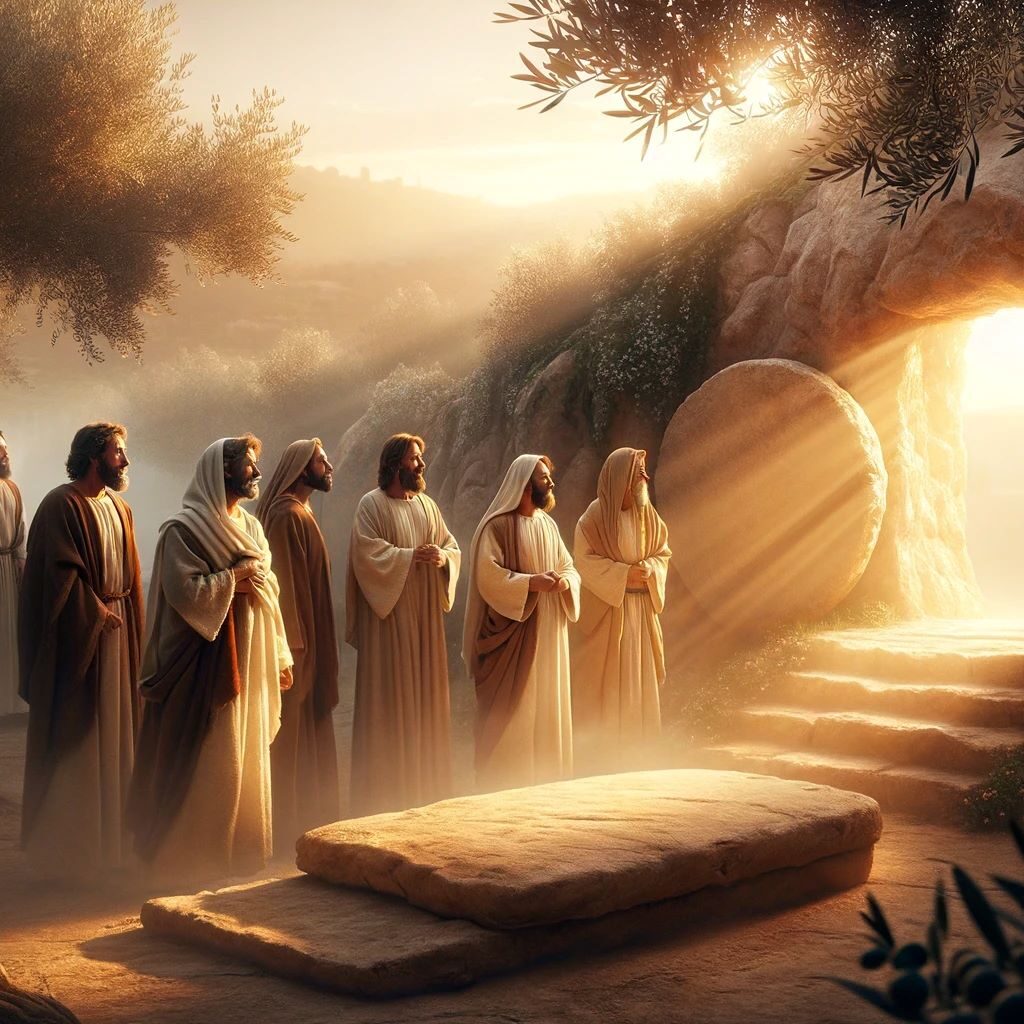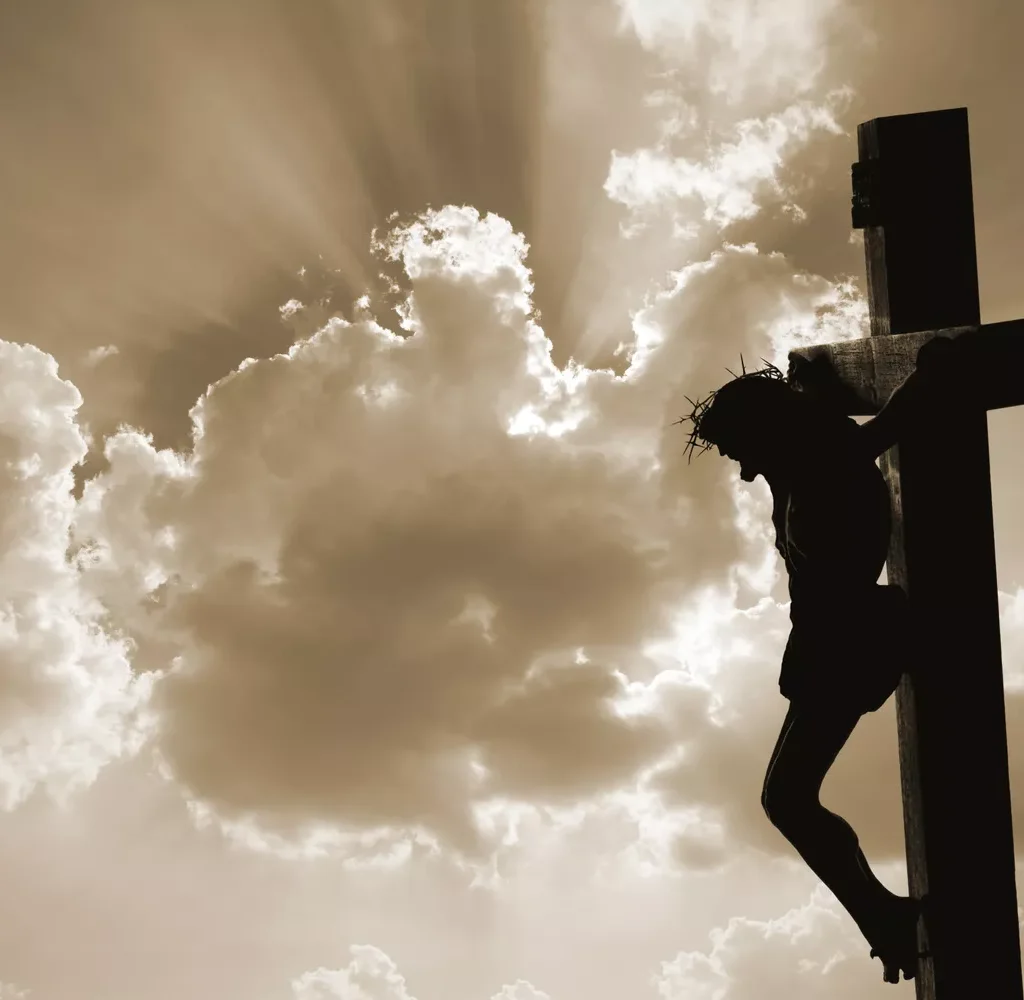The story of Jesus Christ is not just a tale of a man who lived over two thousand years ago and how Jesus’ Sacrifice Transforms Lives; it’s a narrative that shapes the beliefs and lives of millions around the world today. Central to this narrative are the events of Jesus’ death, burial, ascension, and resurrection. These pivotal moments are the foundation of Christian faith, offering profound significance and hope to believers. In this article, we will explore these events in detail, their implications for believers, and how they continue to influence our lives today.
Introduction
Imagine standing at the crossroads of history, where the fate of humanity hangs in the balance. This is where we find ourselves when we consider the death, burial, resurrection, and ascension of Jesus Christ. These events are not just historical markers; they are the bedrock of Christian faith. They offer believers a narrative of hope, redemption, and purpose. In this article, we will delve into each of these events, exploring their significance and enduring impact on believers today.
The Death of Jesus Christ

Historical Context
The death of Jesus is a well-documented event, occurring around 30-33 AD in Jerusalem. Crucified under the Roman governor Pontius Pilate, Jesus’ death was not just a tragic end to his ministry; it was a fulfillment of prophecies that spanned centuries. The Gospels recount how Jesus was betrayed, tried, and ultimately sentenced to death, a fate that was both brutal and public.
Theological Significance
For Christians, the death of Jesus is the ultimate sacrifice. According to Christian doctrine, Jesus died for the sins of humanity, offering himself as the “Lamb of God” (John 1:29). This act of selflessness is seen as a means of reconciling humanity with God, providing a pathway to forgiveness and salvation. The significance of this event is encapsulated in Romans 5:8, which states, “But God demonstrates His own love toward us, in that while we were still sinners, Christ died for us.”
The Burial of Jesus

The Importance of Burial
Following his death, Jesus was buried in the tomb of Joseph of Arimathea. This burial is significant for several reasons. Firstly, it confirms that Jesus truly died—his body was not merely unconscious or in a state of suspended animation. The act of burial underscores the reality of his physical death.
Fulfillment of Prophecy
Jesus’ burial also fulfills Old Testament prophecies, such as Isaiah 53:9, which foretold that the Messiah would be buried with the rich. This detail emphasizes the divine orchestration of events leading to Jesus’ death and resurrection, reinforcing the belief that he was indeed the promised Savior.
The Resurrection of Jesus

The Event Itself
On the third day after his death, Jesus rose from the dead, an event celebrated as Easter. This resurrection is the cornerstone of Christian faith. The Gospels describe how women, including Mary Magdalene, discovered the empty tomb and were greeted by angels who proclaimed, “He is not here; he has risen!” (Luke 24:6).
Evidence of the Resurrection
The resurrection is supported by numerous accounts and witnesses. Over 500 people reportedly saw Jesus alive after his resurrection (1 Corinthians 15:6). This multitude of witnesses provides a strong foundation for the belief in the resurrection, making it a pivotal moment in Christian history.
Theological Implications
The resurrection signifies victory over sin and death. It assures believers that they too will experience resurrection and eternal life. As stated in Romans 6:4, “We were therefore buried with him through baptism into death in order that, just as Christ was raised from the dead through the glory of the Father, we too may live a new life.” This promise of new life is a source of hope and motivation for believers.
The Ascension of Jesus

What Happened During the Ascension
After appearing to his disciples for forty days following his resurrection, Jesus ascended to heaven in a dramatic event witnessed by many (Acts 1:9). This moment marked the conclusion of his earthly ministry and the beginning of his reign in heaven.
Significance of the Ascension
The ascension holds significant meaning for believers. It signifies that Jesus is now seated at the right hand of God, interceding for humanity (Hebrews 7:25). This act assures believers of his ongoing presence and support. It also fulfills the promise of sending the Holy Spirit, who empowers believers to live out their faith.
The Impact of These Events on Believers
Assurance of Salvation
The death and resurrection of Jesus provide believers with the assurance of salvation. By accepting Jesus as their Savior, they are promised forgiveness of sins and eternal life. This assurance transforms how they approach life, instilling a sense of peace and purpose.
Parenting Styles: How to Address Differences and Create Unity in Your Family
Hope for Eternal Life
The resurrection offers hope that death is not the end. Believers can look forward to eternal life with God, a theme echoed in John 11:25-26, where Jesus states, “I am the resurrection and the life. The one who believes in me will live, even though they die.” This hope is a powerful motivator, encouraging believers to live with purpose and faith.
Empowerment for Living
The events of Jesus’ death, burial, resurrection, and ascension empower believers to live transformed lives. The Holy Spirit, sent after Jesus’ ascension, equips them with gifts and guidance to navigate life’s challenges. This empowerment fosters a community of believers who support and uplift one another.
How These Events Shape Christian Practices
Communion and Baptism
The significance of Jesus’ death and resurrection is commemorated through practices such as communion and baptism. Communion, or the Eucharist, serves as a reminder of Jesus’ sacrifice, while baptism symbolizes the believer’s identification with Christ’s death and resurrection (Romans 6:3-4).
Celebrating Easter
Easter is the most significant celebration in the Christian calendar, commemorating the resurrection of Jesus. It serves as a time for reflection, renewal, and celebration of the hope that the resurrection brings. Churches around the world hold special services, and families often gather to celebrate together.
Conclusion
The death, burial, resurrection, and ascension of Jesus Christ are not just historical events; they are the foundation of Christian faith and practice. These events offer believers assurance of salvation, hope for eternal life, and empowerment to live out their faith. As we reflect on these significant moments, we are reminded of the profound love and grace that God has extended to humanity through Jesus Christ. Embracing these truths can transform our lives, guiding us in our journey of faith.
FAQs
1. Why is the resurrection of Jesus so important to Christians?
The resurrection is crucial because it signifies victory over sin and death, assuring believers of eternal life and the promise of new beginnings.
2. How does Jesus’ ascension affect believers today?
Jesus’ ascension assures believers that he is interceding for them and that they are empowered by the Holy Spirit to live out their faith.
3. What role does baptism play in the Christian faith?
Baptism symbolizes a believer’s identification with Christ’s death and resurrection, representing a new life in Christ.
4. How can believers find hope in the face of death?
Believers find hope through the promise of resurrection and eternal life, knowing that death is not the end but a transition to a new beginning with God.
5. What is the significance of communion in Christian worship?
Communion serves as a reminder of Jesus’ sacrifice and the new covenant established through his death and resurrection, fostering a sense of community and remembrance among believers.


